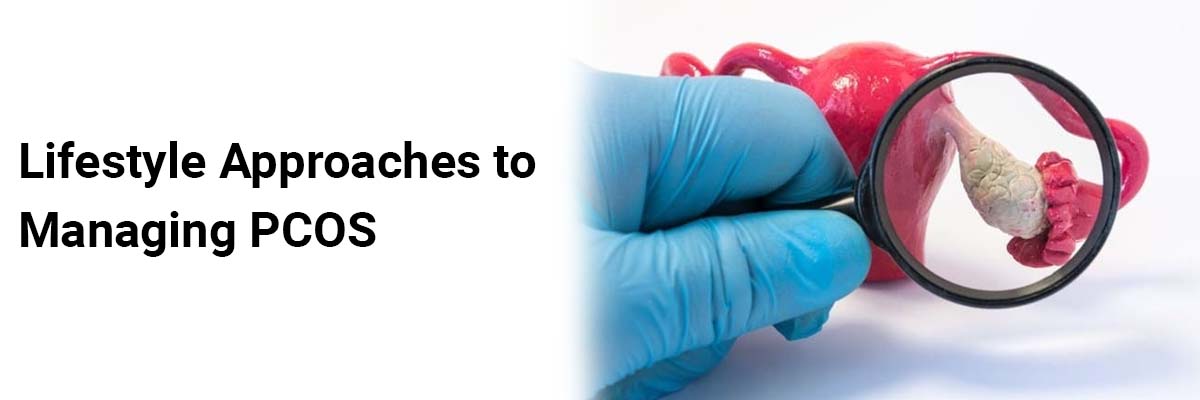
 IJCP Editorial Team
IJCP Editorial Team
Lifestyle Approaches to Managing PCOS
Polycystic Ovary Syndrome (PCOS) is a prevalent and complex condition affecting women of reproductive age, with far-reaching clinical and public health implications. Its manifestations encompass reproductive challenges, metabolic disorders, and psychological distress. According to WHO reports, polycystic ovary syndrome (PCOS) impacts approximately 8–13% of women of reproductive age, with up to 70% of those affected globally going undiagnosed. PCOS stands as the most prevalent cause of anovulation and is a primary contributor to infertility.
One key aspect in managing PCOS is addressing obesity, as it exacerbates the condition. Weight management through lifestyle changes, including dietary modifications, exercise, and behavioral interventions, is a recommended initial treatment strategy.
Various dietary approaches have been explored in managing PCOS. Low Glycemic Index (LGI) diets have shown promise in improving insulin resistance, lipid profiles, and hormonal balance in women with PCOS. Reducing saturated fat intake and incorporating alpha-linolenic acid-rich sources like flaxseed oil can be beneficial. Soluble dietary fiber and low GI meals have also demonstrated positive metabolic effects. A ketogenic diet, which limits carbohydrate intake in favor of plant-based fats, has shown favorable results in weight loss, blood glucose control, and overall health improvements.
Regular exercise has proven to be a crucial element in managing PCOS. It can reduce the risk of diabetes by improving insulin sensitivity, releasing mood-enhancing endorphins, helping manage cholesterol levels, lowering the risk of cardiovascular diseases, promoting weight loss, and aiding in hormonal balance.
In summary, addressing PCOS through lifestyle modifications is crucial. Weight management through dietary changes and exercise is integral to mitigating the diverse clinical implications of this condition. These findings emphasize the importance of individualized approaches and the potential benefits of specific dietary strategies and exercise regimens in the management of PCOS. Additionally, the role of vitamin D in influencing carbohydrate metabolism and inflammation further underscores the complex interplay of factors in this condition. Overall, these insights provide a foundation for more effective management of PCOS and improved patient outcomes.
Balachandar JC. Lifestyle Medicine Encompassing Scientific Exercises and Right Diet. The Key To Prevent And Reverse PCOS/PCOD (Poly Cystic Ovarian Syndrome/Polycystic Ovarian Disease). Int. J. in Pharm. Sci. 2023;1(7):190-195.

IJCP Editorial Team
Comprising seasoned professionals and experts from the medical field, the IJCP editorial team is dedicated to delivering timely and accurate content and thriving to provide attention-grabbing information for the readers. What sets them apart are their diverse expertise, spanning academia, research, and clinical practice, and their dedication to upholding the highest standards of quality and integrity. With a wealth of experience and a commitment to excellence, the IJCP editorial team strives to provide valuable perspectives, the latest trends, and in-depth analyses across various medical domains, all in a way that keeps you interested and engaged.






















Please login to comment on this article